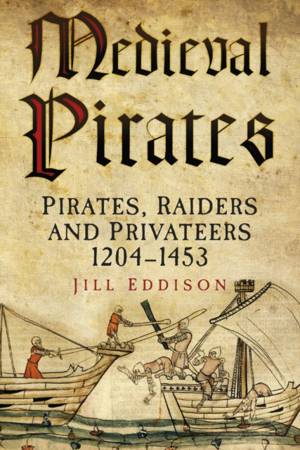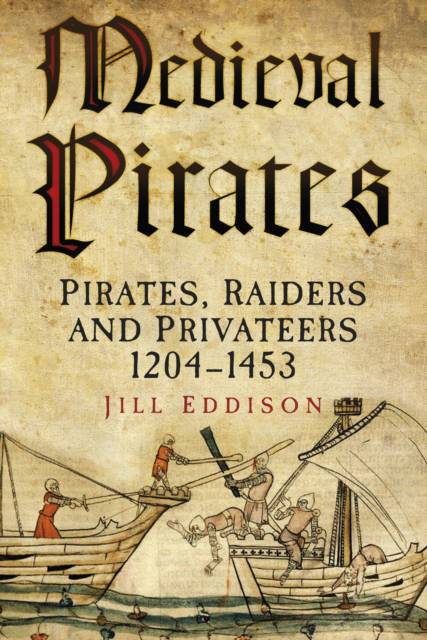
- Afhalen na 1 uur in een winkel met voorraad
- Gratis thuislevering in België vanaf € 30
- Ruim aanbod met 7 miljoen producten
- Afhalen na 1 uur in een winkel met voorraad
- Gratis thuislevering in België vanaf € 30
- Ruim aanbod met 7 miljoen producten
Zoeken
€ 20,95
+ 41 punten
Omschrijving
In the Medieval Period the English Channel was a particularly perilous stretch of water. It had two distinct (and often conflicting) functions: as a rich commercial seaway, on which the rising economy of the Western world depended; and secondly as a wide, lawless, political frontier between two belligerent monarchies, whose kings encouraged piracy as a cheap alternative to warfare, and enjoyed their own cut.Pirates prospered. They stole ships and cargoes, at sea or in port, and they carried out long-lasting vendettas against other groups. They ransomed the richest of their captives, but tipped innumerable sailors overboard. While kings were ambivalent, foreign relations were imperilled, and although it was briefly quelled by Henry V, piracy was never defeated during this turbulent epoch. Breaking new ground, on a subject that remains topical today, Jill Eddison explores medieval piracy as it waxed and waned, setting dramatic life stories against the better-known landmarks of history.
Specificaties
Betrokkenen
- Auteur(s):
- Uitgeverij:
Inhoud
- Aantal bladzijden:
- 192
- Taal:
- Engels
Eigenschappen
- Productcode (EAN):
- 9780752481036
- Verschijningsdatum:
- 2/09/2013
- Uitvoering:
- Paperback
- Formaat:
- Trade paperback (VS)
- Afmetingen:
- 155 mm x 231 mm
- Gewicht:
- 340 g

Alleen bij Standaard Boekhandel
+ 41 punten op je klantenkaart van Standaard Boekhandel
Beoordelingen
We publiceren alleen reviews die voldoen aan de voorwaarden voor reviews. Bekijk onze voorwaarden voor reviews.











